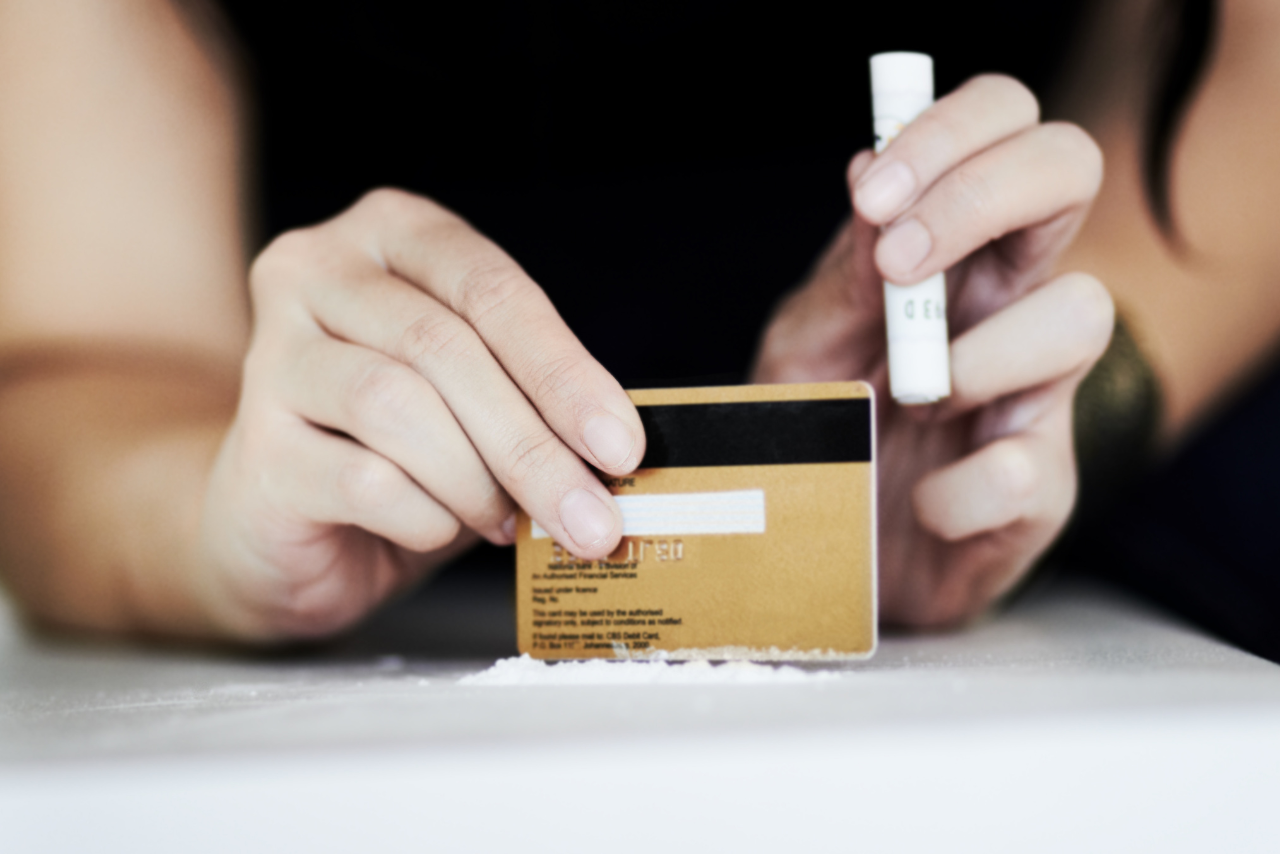What is Pink Cocaine?

Home » What is Pink Cocaine?


Pink Cocaine, also known as “Tucibi” or “2C-B,” is a synthetic drug with stimulant and hallucinogenic properties, gaining popularity in party scenes due to its vibrant pink appearance and euphoric effects. Despite its name, Pink Cocaine is not related to traditional cocaine. While it may seem appealing, this substance poses significant dangers that are often misunderstood.
At Hand in Hand Recovery Center in Marietta, Georgia, we strive to educate individuals about substances like cocaine, helping them understand its risks and seek support when needed.
If you or a loved one are struggling with kratom use we’re here to help. Call us or start the admissions process at Hand in Hand Recovery today!
Pink Cocaine, or Tucibi (a phonetic abbreviation of “2C-B”), belongs to the phenethylamine class of synthetic psychedelics. Unlike traditional cocaine derived from the coca plant, Pink Cocaine is entirely man-made. It is typically found as a pink powder or pill and is marketed as a “designer drug” that delivers both a stimulant-like rush and hallucinogenic effects.
However, it is often far from pure. It may contain a dangerous cocktail of substances such as MDMA, ketamine, caffeine, methamphetamine, or opioids. The lack of regulation in its production means its composition varies widely, significantly increasing the risks associated with its use.
What adds to its appeal—and its danger—is its association with high-energy environments like clubs, raves, and parties, where users are often unaware of the drug’s unpredictable effects and long-term consequences.
The effects of Pink Cocaine vary widely depending on its composition, dosage, and the user’s body chemistry. Below are some of the common effects:
Pink Cocaine originated in Colombia, where it was first introduced to the party scene in cities like Medellín. Initially, it gained popularity in South America but has since spread to Europe, the United States, and other parts of the world.
The drug is often manufactured in unregulated, underground labs, which contributes to its unpredictable nature. Producers may dye it pink to make it more appealing and distinctive, but this aesthetic choice doesn’t reflect its actual composition.

Yes, this form of cocaine has the potential to be addictive. Its stimulant effects can lead to a cycle of repeated use as users chase the feelings of euphoria and energy it provides. Over time, this pattern can develop into psychological dependence.
The inclusion of other addictive substances like MDMA, methamphetamine, or opioids in Pink Cocaine further increases the likelihood of addiction. Users may not even realize they are becoming dependent on these additional substances, making the drug even more dangerous.
Signs of addiction to Pink Cocaine include:
If you or someone you know is struggling with an addiction to Pink Cocaine, professional help is essential to break the cycle and regain control.
Using Pink Cocaine comes with a host of dangers, largely because of its unregulated production and unpredictable effects. Some of the most pressing dangers include:
Recovery from Pink Cocaine use is possible with the right support and resources. Professional treatment can address both the physical dependence and the underlying psychological factors that contribute to drug use.
At Hand in Hand Recovery Center, we offer a comprehensive approach to addiction treatment. Our team of experienced professionals understands the unique challenges of overcoming substance use and provides personalized care tailored to each individual’s needs.

Pink Cocaine may seem like a harmless party drug, but its unpredictable composition and dangerous effects tell a different story. Understanding what Pink Cocaine is and the risks it poses is crucial for making informed decisions and seeking help when needed. If you or someone you love is struggling with Cocaine or any other substance, help is available. At Hand in Hand Recovery Center, we provide a safe and supportive environment for men to begin their recovery journey.
Our programs combine evidence-based therapies with compassionate care to address the root causes of addiction and promote lasting recovery. Take the first step toward healing—call us today or verify your insurance to learn more about our treatment options and how we can help you or your loved one reclaim a healthier, brighter future.






At Hand in Hand Recovery Center, our rehab in Marietta is here to get the help you need so you can live the life you want. We accept most private insurance policies
© 2024 Copyright Hand in Hand Recovery Center · All Rights Reserved